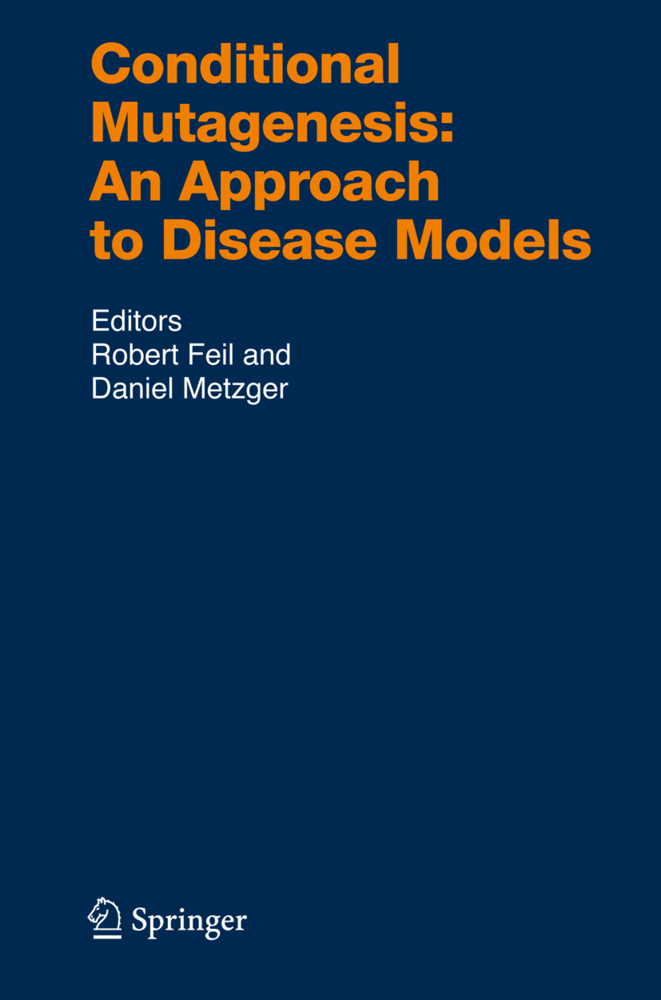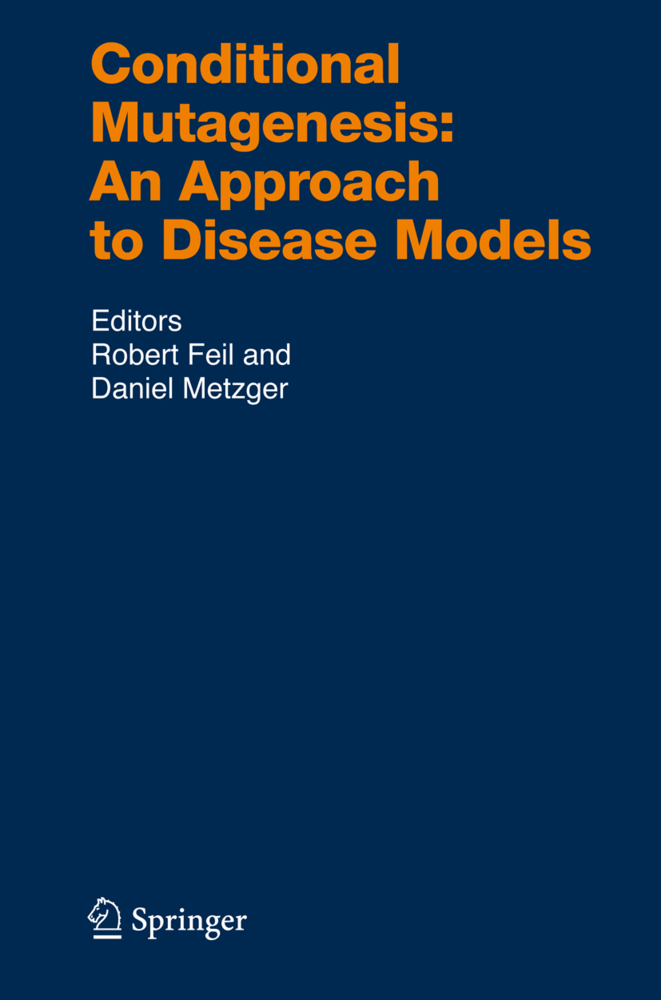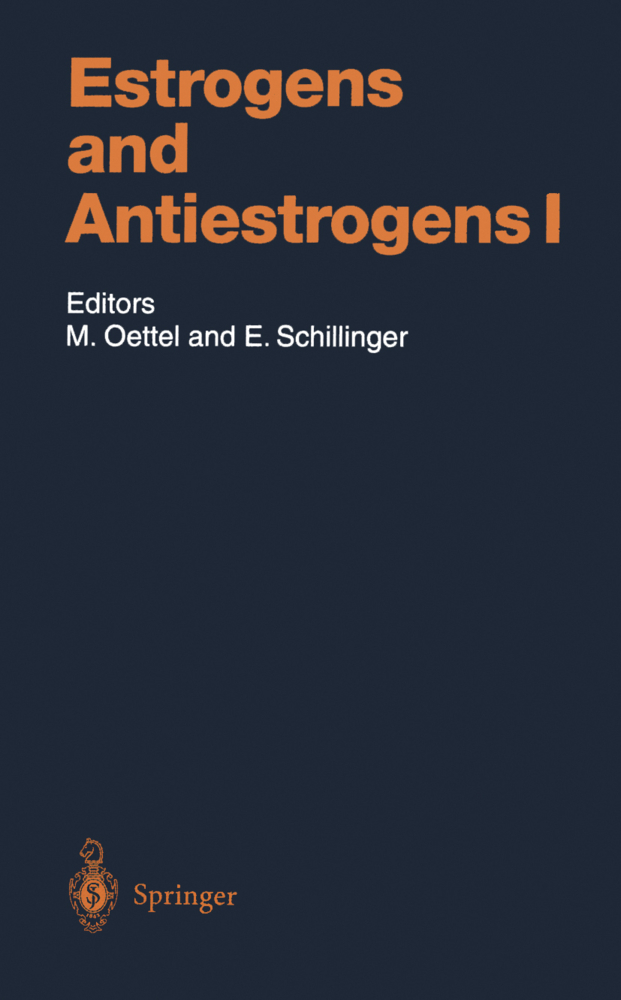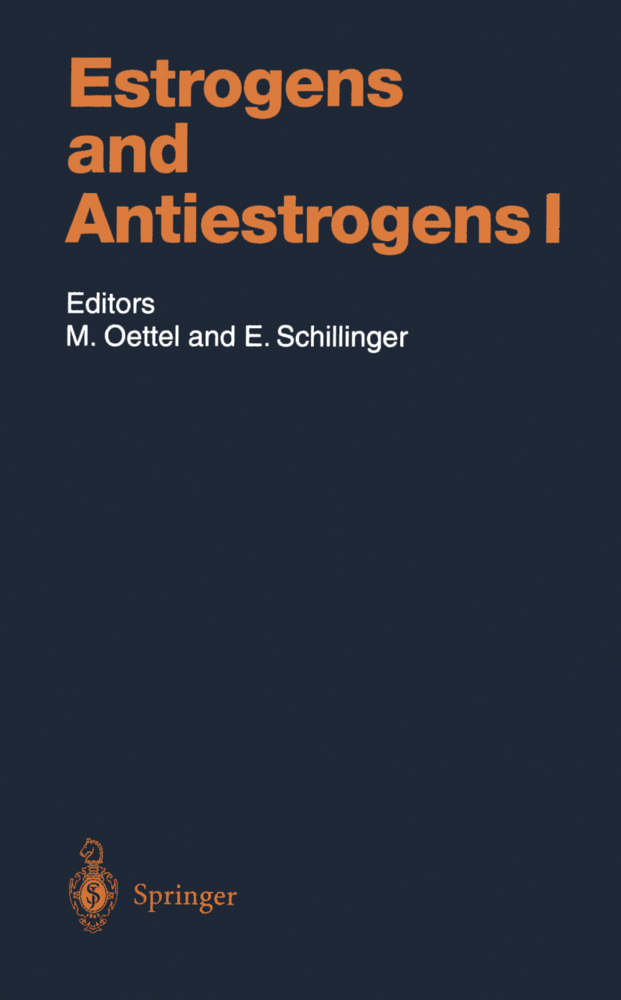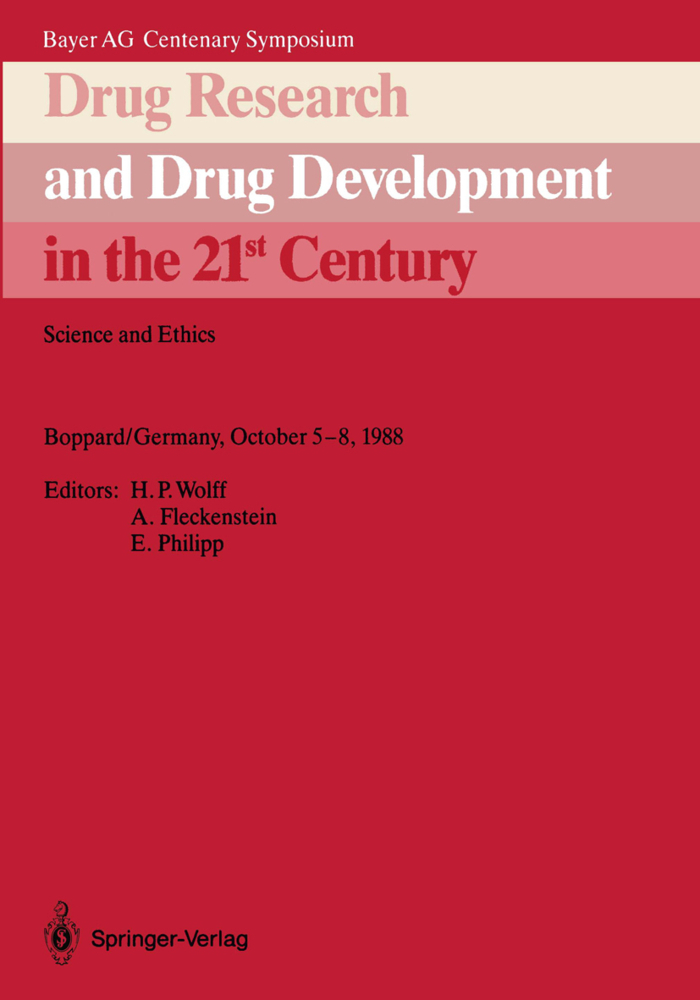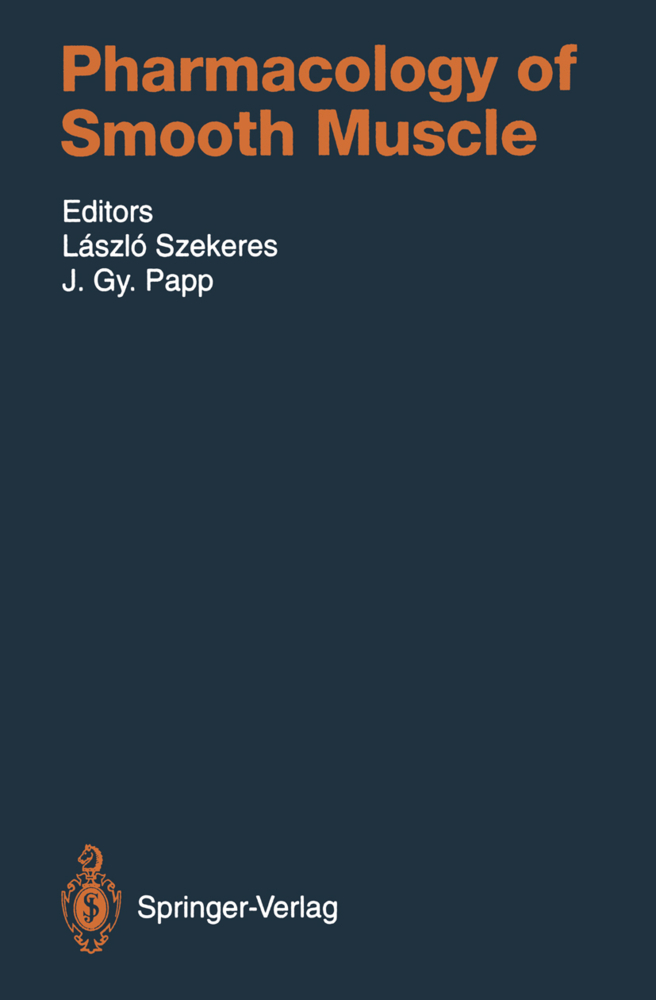Conditional Mutagenesis: An Approach to Disease Models
Leading experts provide timely and comprehensive information on methods for conditional mutagenesis in the mouse (part 1) and their application to model human physiology and pathophysiology (part 2). It illustrates how sophisticated genetic manipulations of the mouse genome are employed to model human diseases and to identify underlying molecular mechanisms. Finally the book considers the development of new drugs to treat them.
Tools for Conditional Mutagenesis
Conditional Somatic Mutagenesis in the Mouse Using Site-Specific RecombinasesCre/loxP-Mediated Chromosome Engineering of the Mouse Genome
Tetracycline-Controlled Genetic Switches
Novel Gene Switches
Improved Embryonic Stem Cell Technologies
Gene Trap Mutagenesis
RNA Interference in Mice
Viral Vectors: A Wide Range of Choices and High Levels of Service
Conditional Mutagenesis by Cell-Permeable Proteins: Potential, Limitations and Prospects
Examples of Conditional Disease Models
Analysis of Mouse Development with Conditional Mutagenesis
Conditional Mouse Models of Cancer
Conditional Mutagenesis Reveals Immunological Functions of Widely Expressed Genes: Activation Thresholds, Homeostatic Mechanisms and Disease Models
Conditional Transgenesis and Recombination to Study the Molecular Mechanisms of Brain Plasticity and Memory
A Novel Conditional Knockout Strategy Applied to Serotonin Receptors
Conditional Mouse Models for Friedreich Ataxia, a Neurodegenerative Disorder Associating Cardiomyopathy
Animal Models in Cardiovascular Diseases: New Insights from Conditional Models
Conditional Animal Models for the Study of Lipid Metabolism and Lipid Disorders
Conditional Mouse Models to Study Developmental and Pathophysiological Gene Function in Muscle
Analysis of Calcium Channels by Conditional Mutagenesis
Conditional Mutagenesis of G-Protein Coupled Receptors and G-Proteins
Contribution of Targeted Conditional Somatic Mutagenesis to Deciphering Retinoid X Receptor Functions and to Generating Mouse Models of Human Diseases.
| ISBN | 978-3-540-35108-5 |
|---|---|
| Artikelnummer | 9783540351085 |
| Medientyp | Buch |
| Copyrightjahr | 2006 |
| Verlag | Springer, Berlin |
| Umfang | XII, 532 Seiten |
| Abbildungen | XII, 532 p. |
| Sprache | Englisch |

